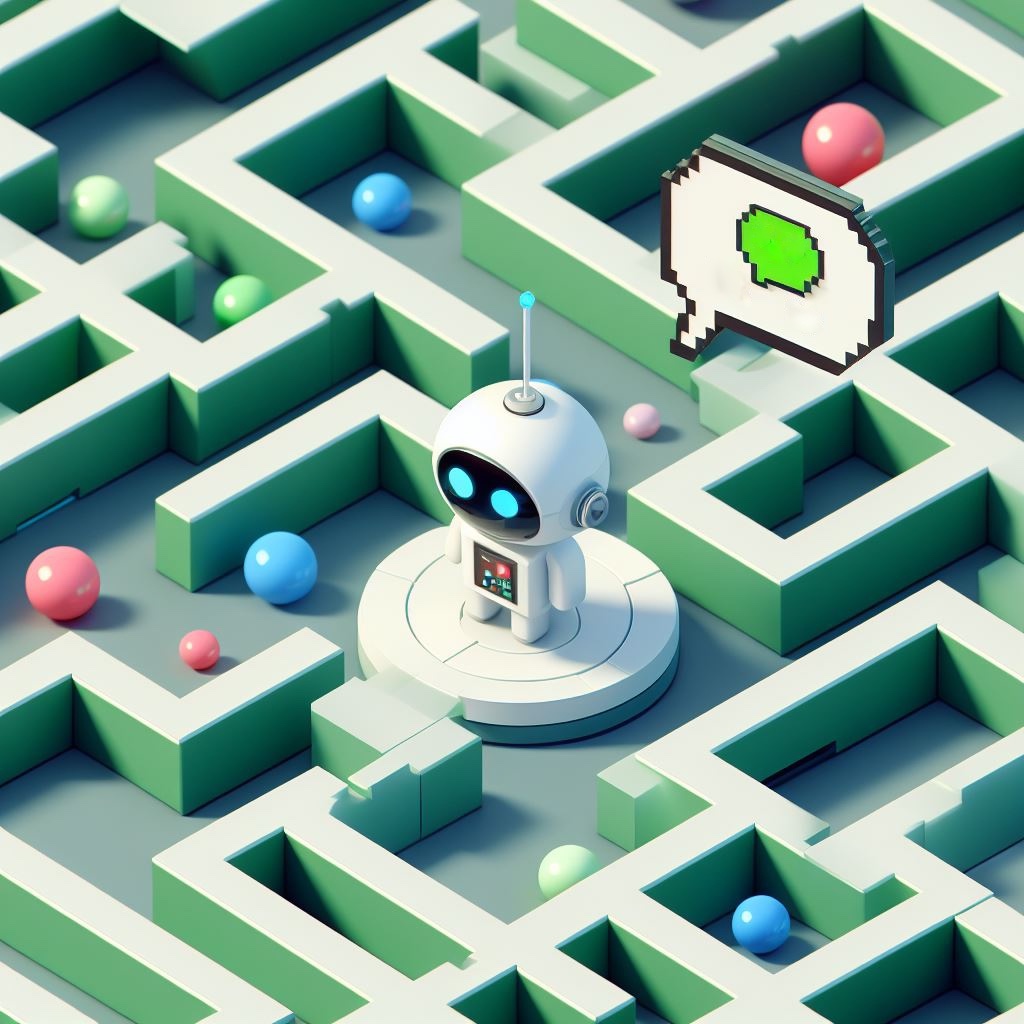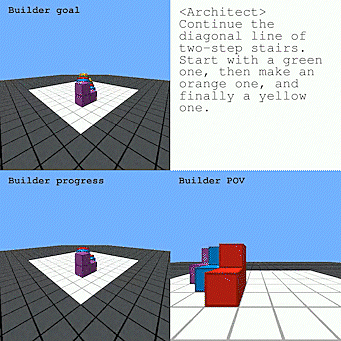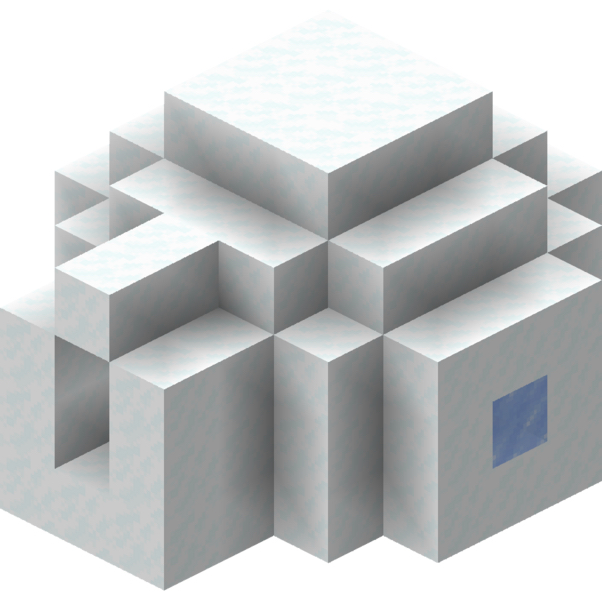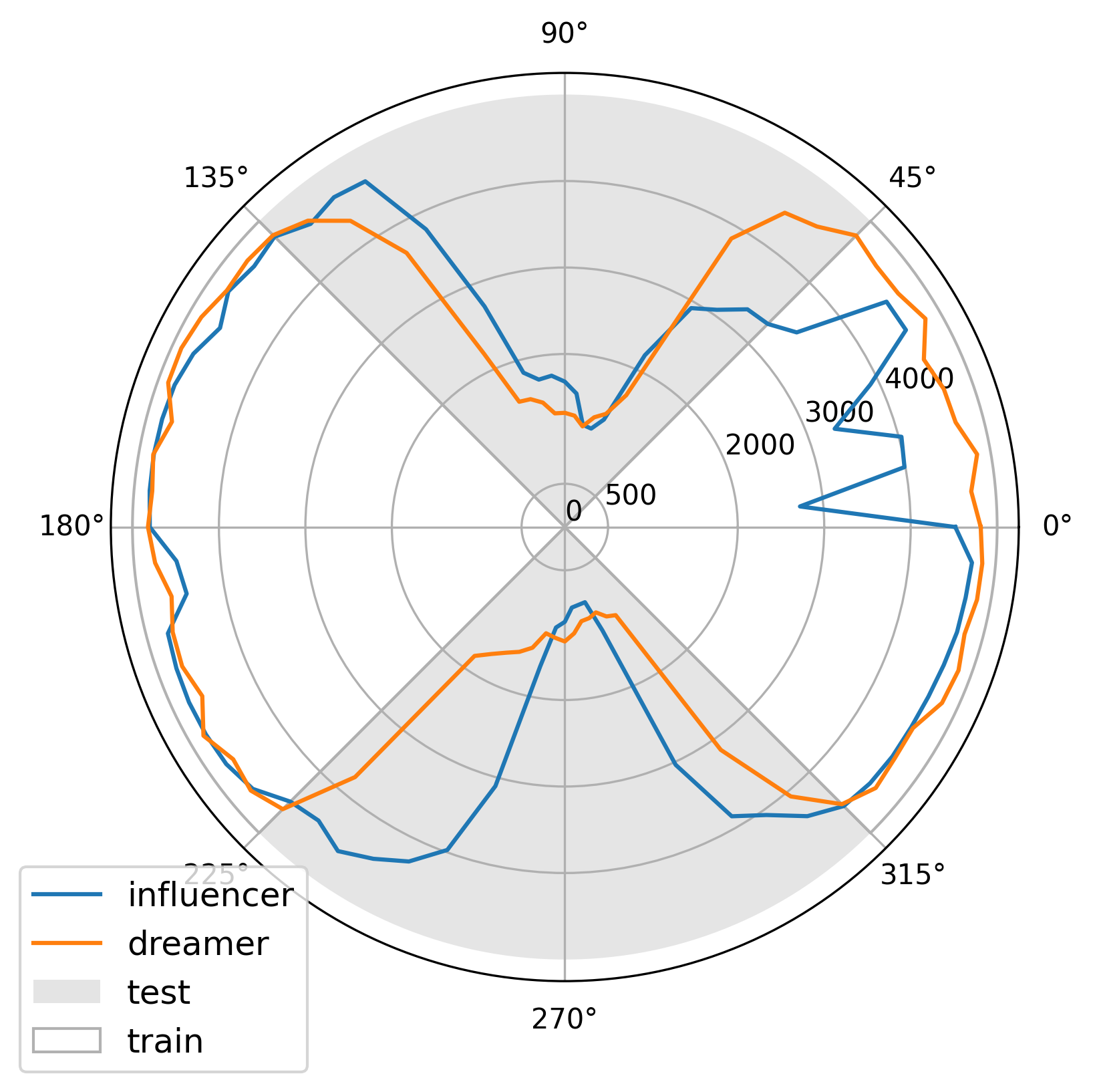Artem ZholusI am a second year PhD student in MILA and Polytechnique Montréal supervised by Prof. Sarath Chandar. Besides that, I am a student researcher at Google DeepMind with Ross Goroshin. My ultimate research goal is to build adaptive and autonomous agents that solve open-ended tasks. To step towards this goal, I use Language and World Models, Structured Communication, and (Distributed) Reinforcement Learning. 👉 Expand to see what I mean by each of these ideas
My current research project focuses on Using automated feedback from an embodied RL agent to improve Language Models groundedness to the world. My past research covered Model-based Reinforcement Learning via World Models, interactive learning of embodied agents, and boosting in-context memory of Model-based RL agents. Also, I spent some time in ML industry working as an ML Engineer doing drug discovery with RL and Language Models. Previously I had two internships at EPFL: at the LIONS lab (in RL theory) under Prof. Volkan Cevher and at VILAB (in Multimodal Representation Learning) under Prof. Amir Zamir. I obtained my Masters degree at MIPT studying AI, ML, and Cognitive Sciences and working at the CDS lab under Prof. Aleksandr Panov on task generalization in model-based reinforcement learning. I received my BSc degree from ITMO University majoring in Computer Science and Applied Mathematics. |

|
First Author Papers |

|
Mastering Memory Tasks with World ModelsMohammad Reza Samsami*, Artem Zholus*, Janarthanan Rajendran, Sarath Chandar (oral, top-1.2%) ICLR, 2024 website / arxiv / openreview / code / The new State-of-the-Art performance in a diverse set of memory-intense Reinforcement Learning domains: bsuite (tabular, low dimensional), POPgym (tabular, high dimensional), Memory Maze (3D, embodied, high dimensional, long-term). Importantly, we reach super-human performance in Memory-Maze! |

|
IGLU Gridworld: Simple and Fast Environment for Embodied Dialog AgentsArtem Zholus, Alexey Skrynnik, Shrestha Mohanty, Zoya Volovikova, Julia Kiseleva, Artur Szlam, Marc-Alexandre Coté, Aleksandr I. Panov Embodied AI workshop @ CVPR, 2022 arxiv / code / slides / A lightweight reinforcement learning environment for building embodied agents with language context tasked to build 3D structures in Minecraft-like world. |

|
IGLU 2022: Interactive Grounded Language Understanding in a Collaborative Environment at NeurIPS 2022Julia Kiseleva*, Alexey Skrynni*, Artem Zholus*, Shrestha Mohanty*, Negar Arabzadeh*, Marc-Alexandre Côté*, Mohammad Aliannejadi, Milagro Teruel, Ziming Li, Mikhail Burtsev, Maartje ter Hoeve, Zoya Volovikova, Aleksandr Panov, Yuxuan Sun, Kavya Srinet, Arthur Szlam, Ahmed Awadallah NeurIPS, Competition Track, 2022 website / arxiv / code / AI competition where the goal is to follow a language instruction with context while being embodied in a 3D blocks world (RL track) and to ask a clarifying question in the case of ambiguity (NLP track). |

|
Factorized World Models for Learning Causal RelationshipsArtem Zholus, Yaroslav Ivchenkov, and Aleksandr Panov OSC workshop, ICLR, 2022 arxiv / code / An RL agent that can generalize behavior on unseen tasks, which is done by learning a structured world model and constraining task specific information. |
|
Design and source code from Jon Barron's website |